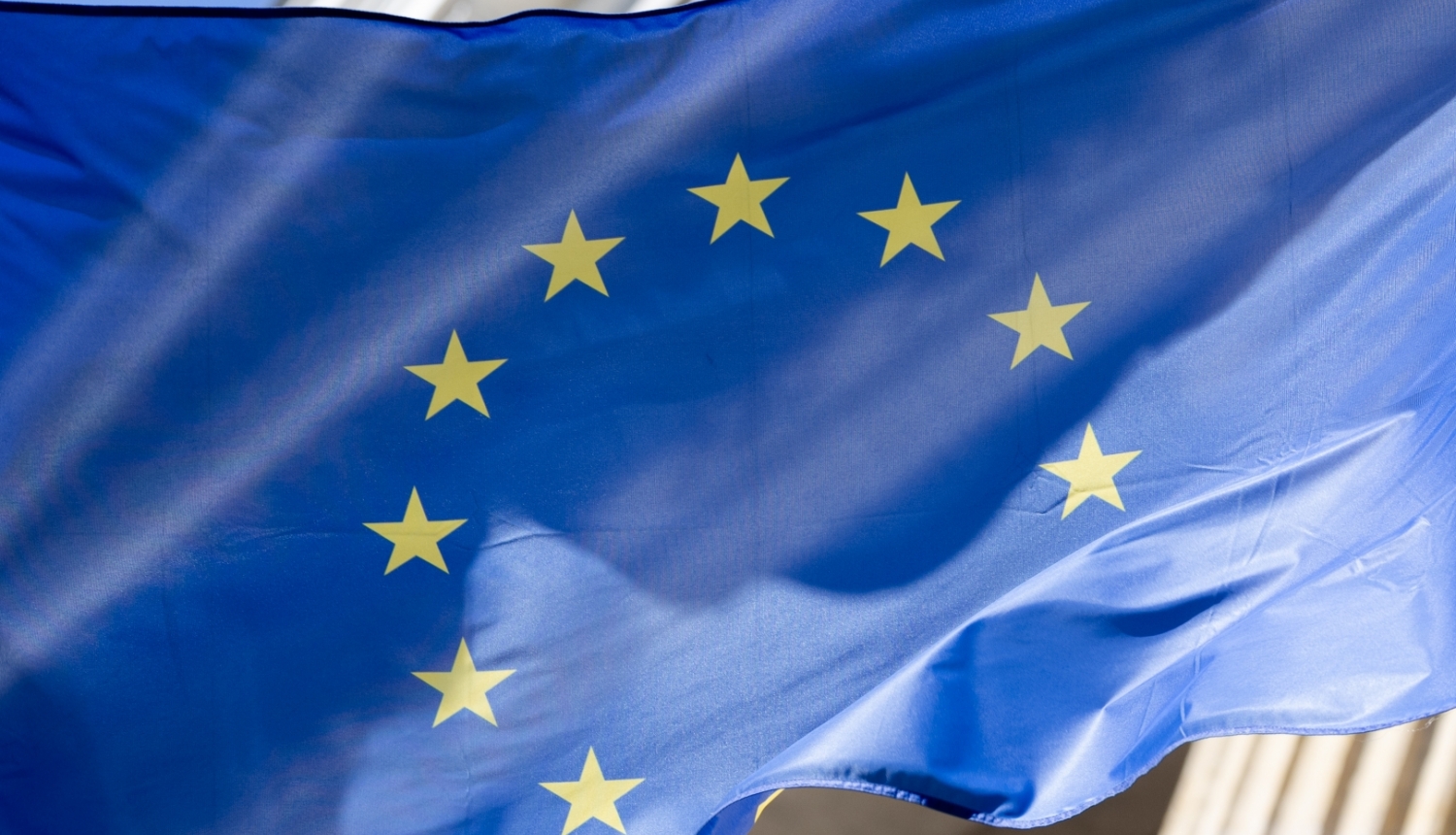On 18 February 2025 in Warsaw, Poland, the Parliamentary Secretary of the Ministry of Foreign Affairs, Dace Melbārde, will participate in an informal meeting of the European Union (EU) Ministers for European Affairs. Its agenda covers urgent issues related to hybrid threat faced by countries in the EU enlargement process, as well as potential counter-measures. Views will also be exchanged on the EU’s Multiannual Financial Framework, MFF (2028-2034). A discussion will then be held on the strengthening of Europe’s civilian and military preparedness and readiness.
Since Russia launched its full-scale war against Ukraine in 2022, hybrid threats to the EU, NATO and their member states have increased significantly. The threats also affect third countries that have begun, or wish to start negotiations on joining one of those organisations. In 2024, Moldova, Ukraine, as well as the countries of the Western Balkans and the South Caucasus faced hybrid threats.
The EU Multiannual Financial Framework is a policy and financial programming mechanism that sets out the maximum overall amount and expenditure of the EU budget. The current MFF covers the period from 1 January 2021 to 31 December 2027. Latvia’s priority directions in the forthcoming negotiations on the EU’s next multi-annual budget period are security and defence, the cohesion policy, the common agricultural policy, and support for the implementation of the Rail Baltica project.
As regards strengthening Europan civilian and military preparedness and readiness, the former President of Finland and Special Adviser to the President of the European Commission, Sauli Niinistö, together with the EU High Representative for Foreign Affairs and Security Policy, Kaja Kallas, will present a report “Safer Together: Strengthening Europe’s Civilian and Military Preparedness and Readiness”. The EU needs an ambitious new approach to its preparedness, in which security is a key prerequisite for both economic growth and human well-being, while citizens have to become more active and better informed about their role in strengthening security.
Informal meetings of EU Ministers for European Affairs take place twice a year in a country holding the presidency of the Council of the European Union – during the first half of 2025, it is Poland. The formal meetings of the General Affairs Council, for their part, are held once a month in Brussels or Luxembourg.




